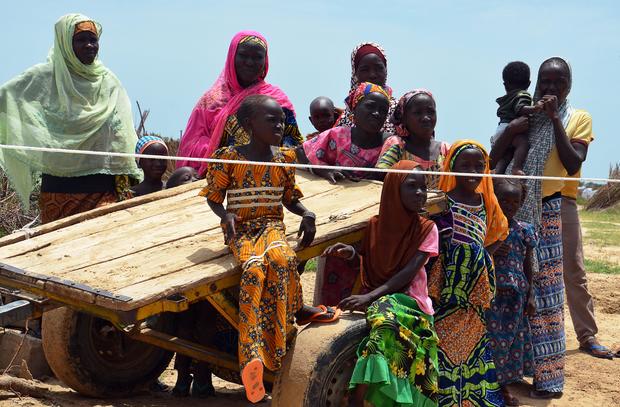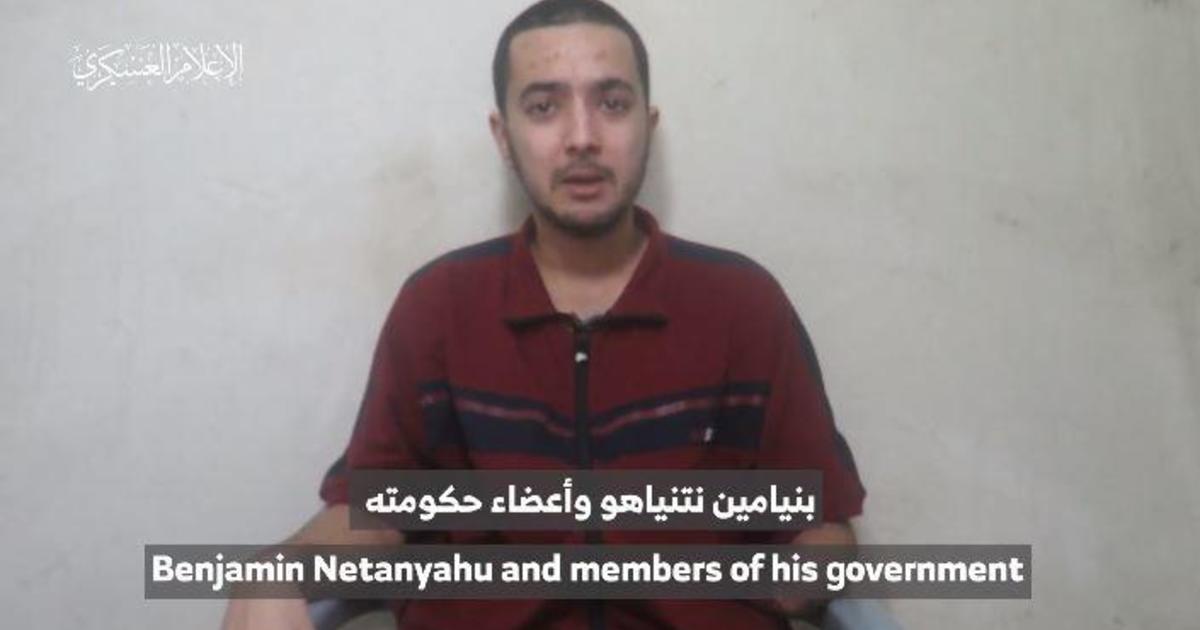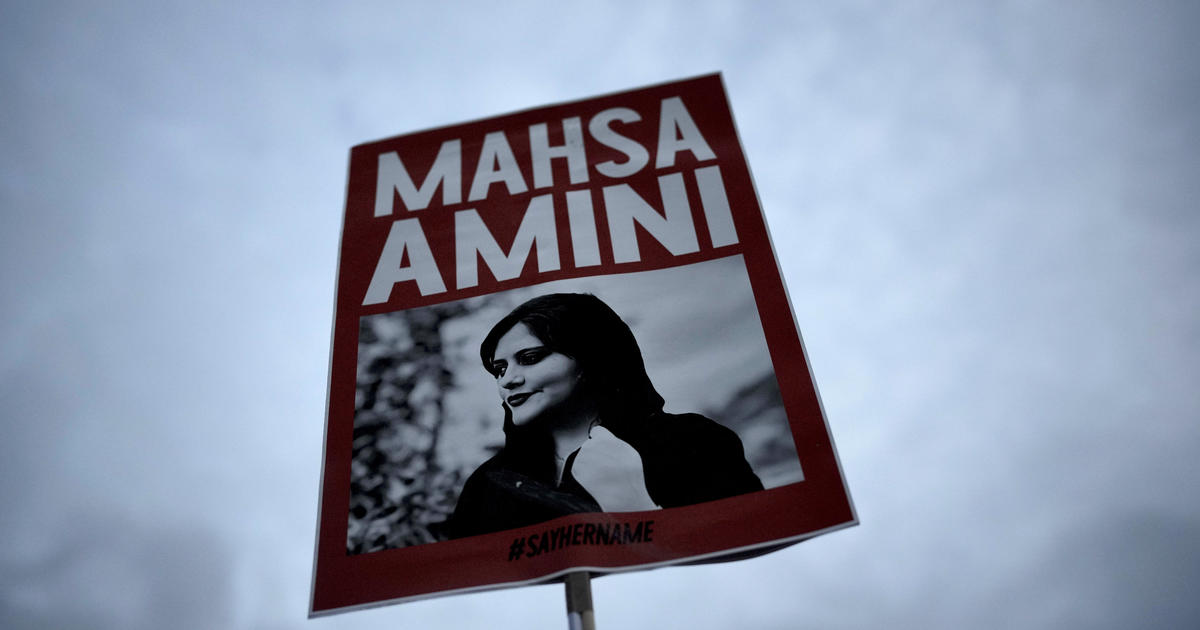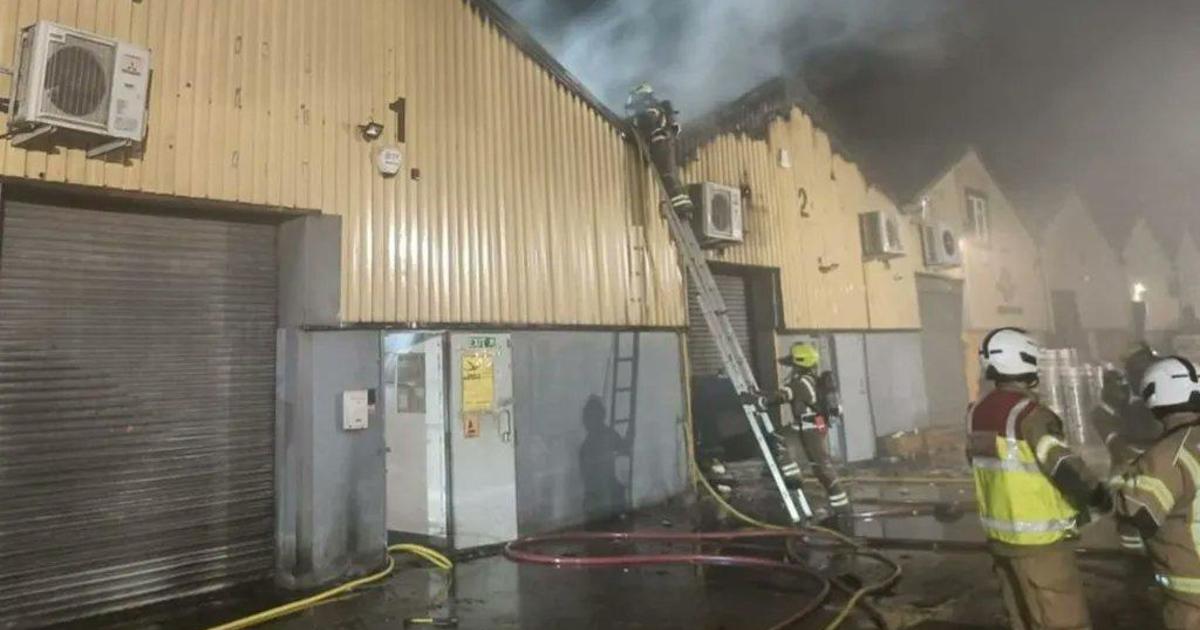Nigeria media report mass-abduction of girls by Boko Haram or other Islamic militants near northern border
Johannesburg — There were reports emerging Wednesday that Islamic militants had abducted dozens of people near a camp for internally displaced people in northeast Nigeria. Local media outlets said most of the people taken had been staying at the Babban Sansani IDP camp near the town of Ngala, but residents of other IDP camps in the area were also reportedly seized.
Local media outlets said a large group of young girls and some boys were surrounded by armed fighters who then headed back into the surrounding bushland with their captives. The militants reportedly let some elderly people go.
Borno State Police said the attack took place on the afternoon of March 1, but it could not confirm the number of people kidnapped or still missing. Local media outlets reported widely varying figures, saying anywhere from about 50 to 300 people had been taken hostage, but there was no immediate confirmation from Nigerian officials.
The Nigerian Daily Trust newspaper quoted an unnamed source inside the Babba Sansani camp as saying the fighters were from the Islamic extremist group Boko Haram, which has waged a campaign of terror across northern Nigeria for more than a decade. The group was behind the 2014 abduction of more than 200 girls from the town of Chibok.
The French news agency AFP quoted anti-jihadist militia leaders in the area as saying militants from a regional ISIS affiliate, the Islamic State West Africa Province (ISWAP), had kidnapped at least 47 women in the attack. AFP said Ali Bukar, with the Ngala Local Government Information Unit, had heard the number of abducted could be higher.
The Daily Trust newspaper quoted the source as saying three girls had managed to escape their captors and return to the camp, where they said the militants had taken the group into the bush, close to a village in neighboring Chad.
The abductions come after Borno state Governor Babaganza Zulum said late last year that, while his state had been a "hotbed" for Boko Haram, the security situation "had improved by 85%." He said no community in Borno was still under the control of the terror group.
Both Boko Haram and ISWAP remain active in the region, and the battle against the groups has left at least 35,000 people dead and driven more than 2 million others from their homes in Borno state alone.
It's common for people to venture outside the many IDP camps in northern Nigeria to search for firewood, both to sell and for personal use.
While not the first mass-abduction since the April 14, 2014 attack at the Government Girls Secondary School in Chibok, which saw 276 girls taken from their dorm by Boko Haram fighters, if the reports are correct it would be the largest.
Amnesty International has been documenting Boko Haram's targeting of schools since 2012, two years before the Chibok attack. The organization released a report in 2023 saying Nigerian authorities were failing to protect children, noting that 98 of the Chibok girls were still being held by the militants.
"Since the Chibok school girls were abducted by Boko Haram, a plethora of schools have been targeted, with girls being abducted, raped, killed, or forced into 'marriages'. The Nigerian authorities, however, have not carried out a single credible investigation into the security failures that left children vulnerable to the atrocities committed by Boko Haram and gunmen."
Parents of the 98 Chibok girls still missing told Amnesty International they felt abandoned and said the Nigerian government was no longer communicating with them.
Many of the Chibok girls who escaped have returned home with harrowing stories, and most have children conceived during their captivity.




